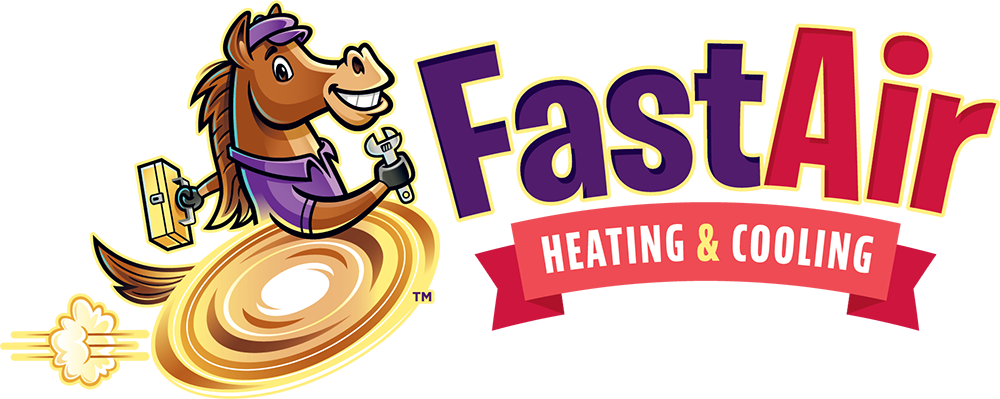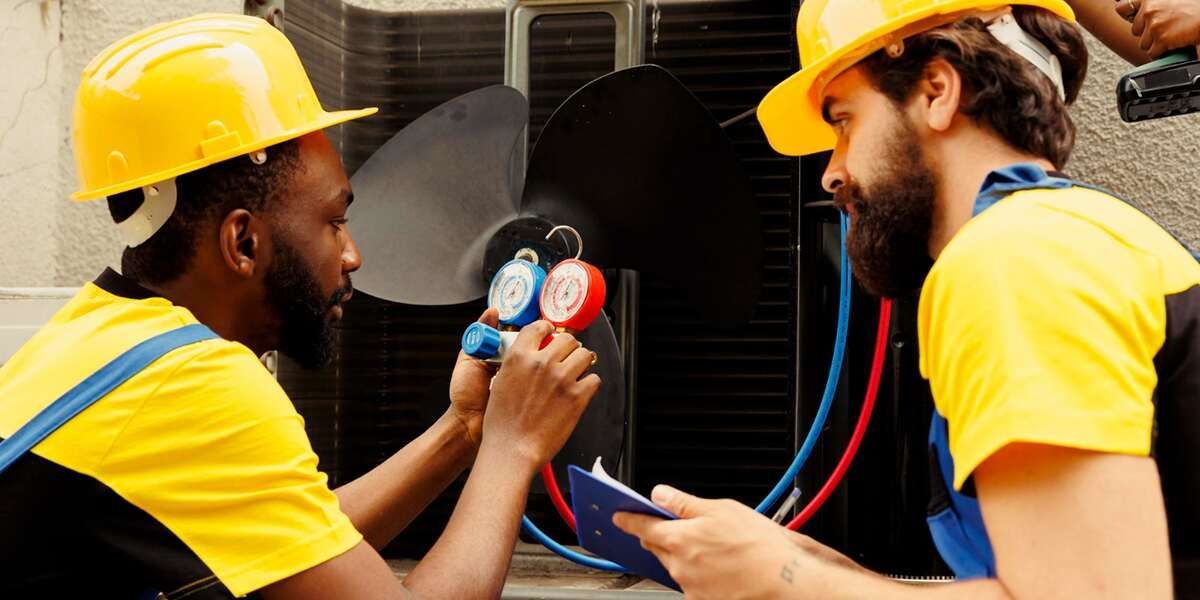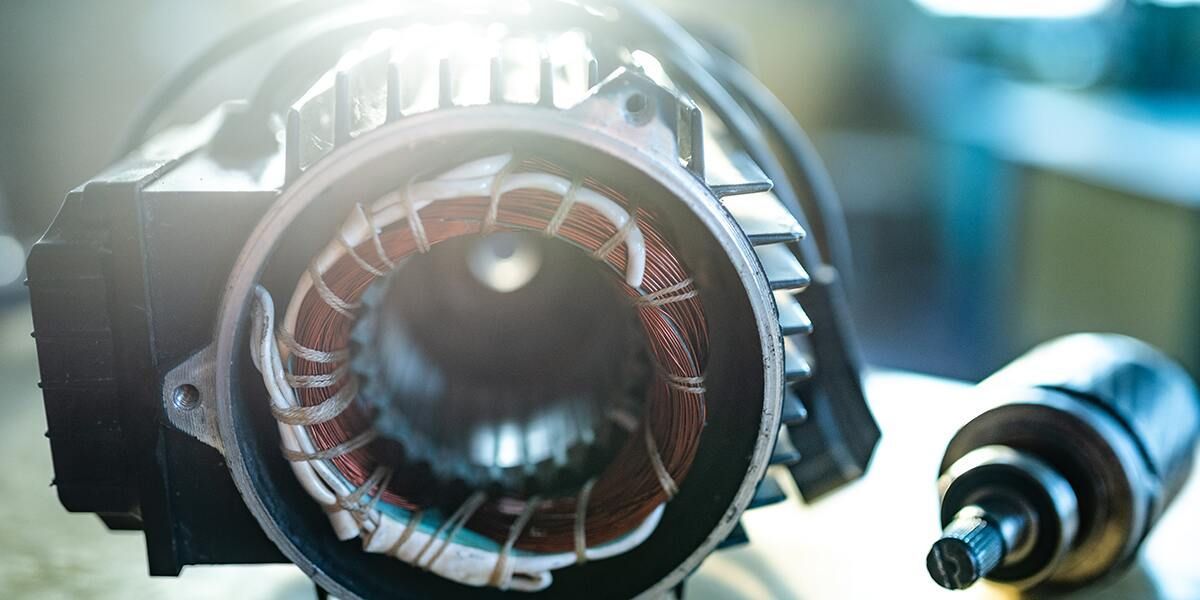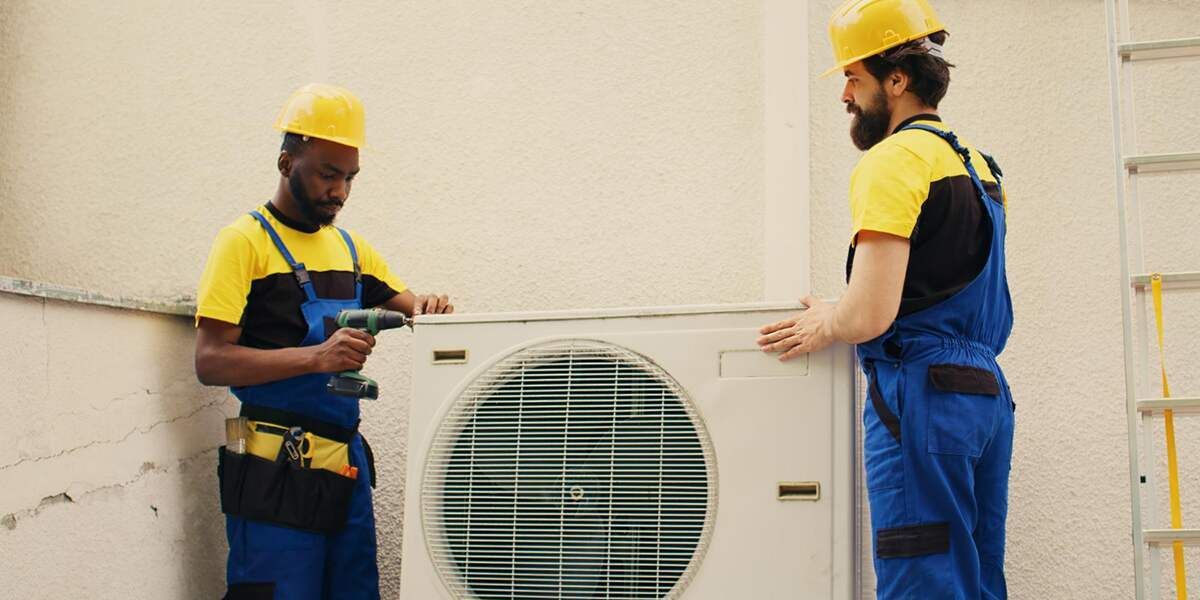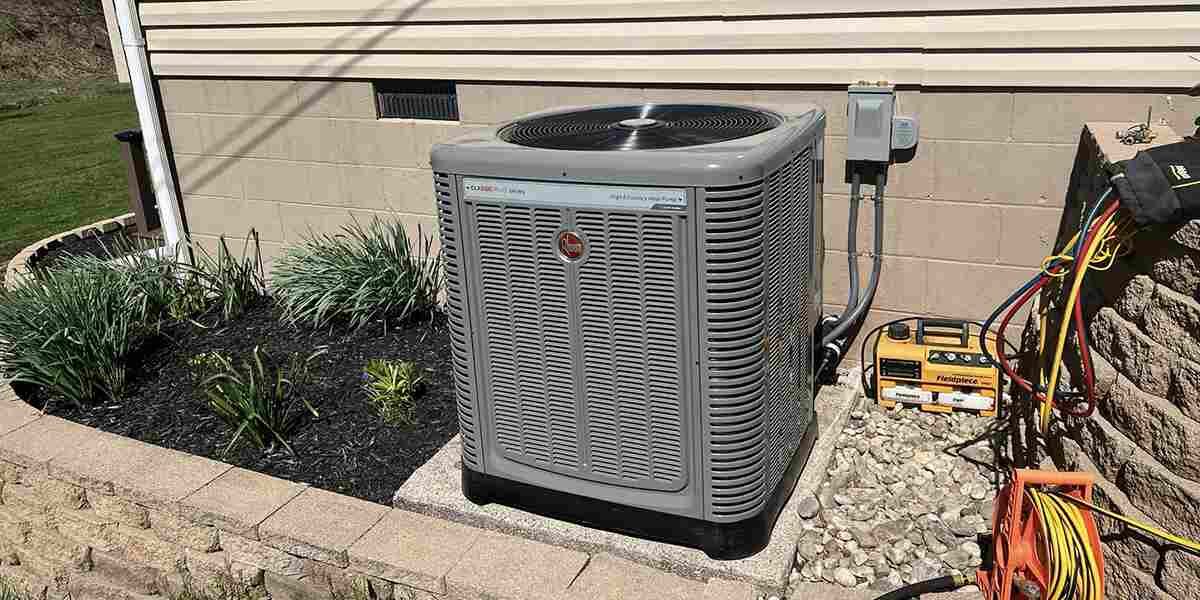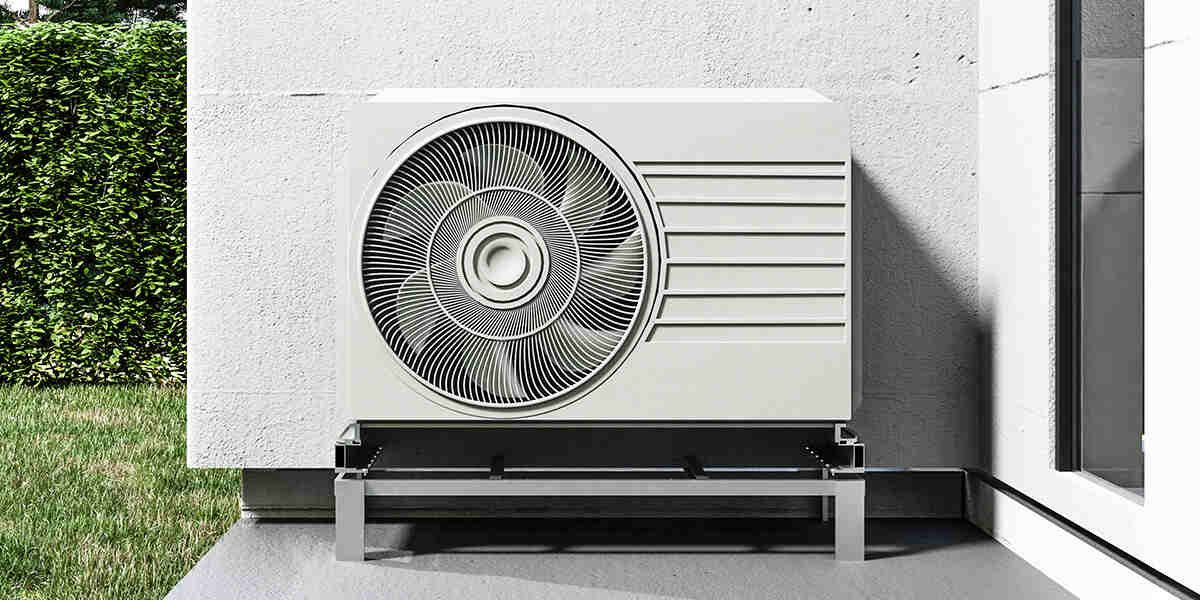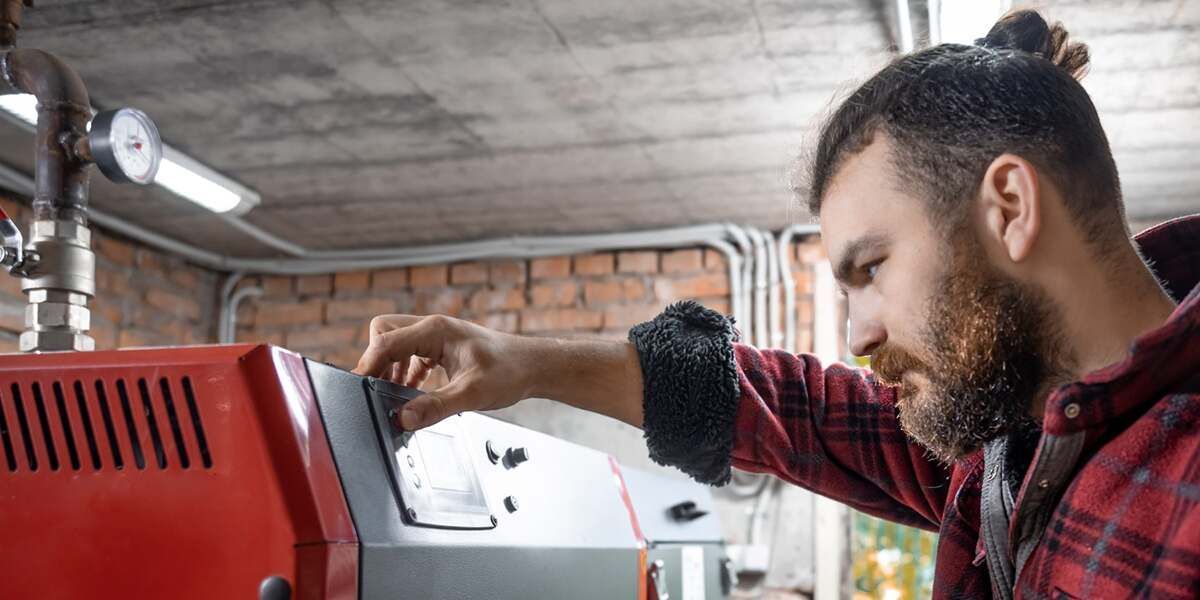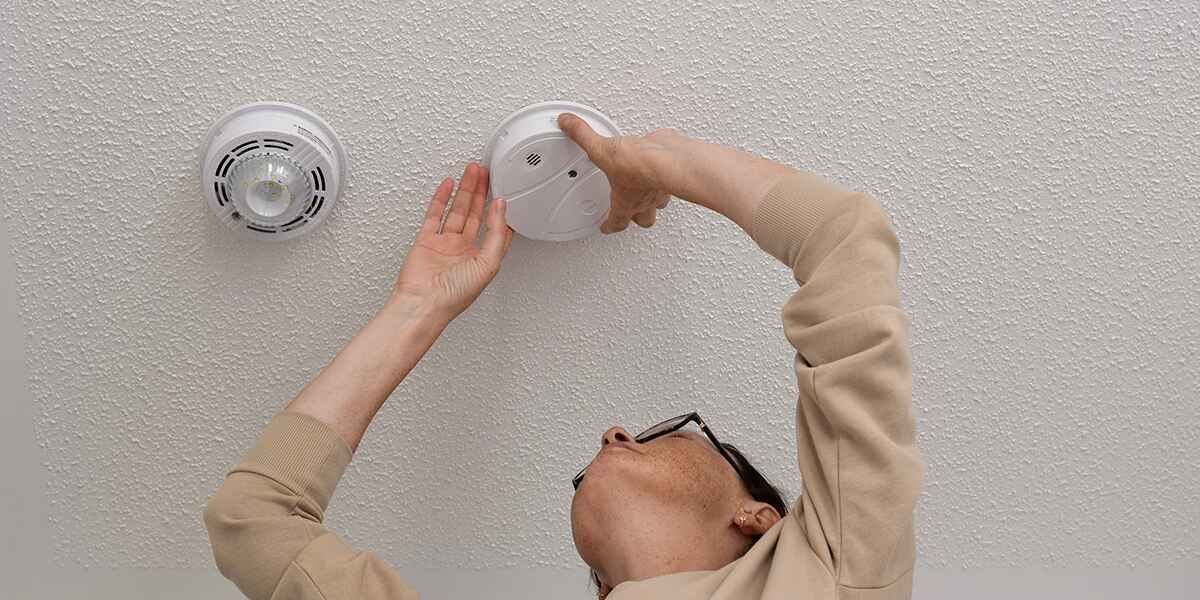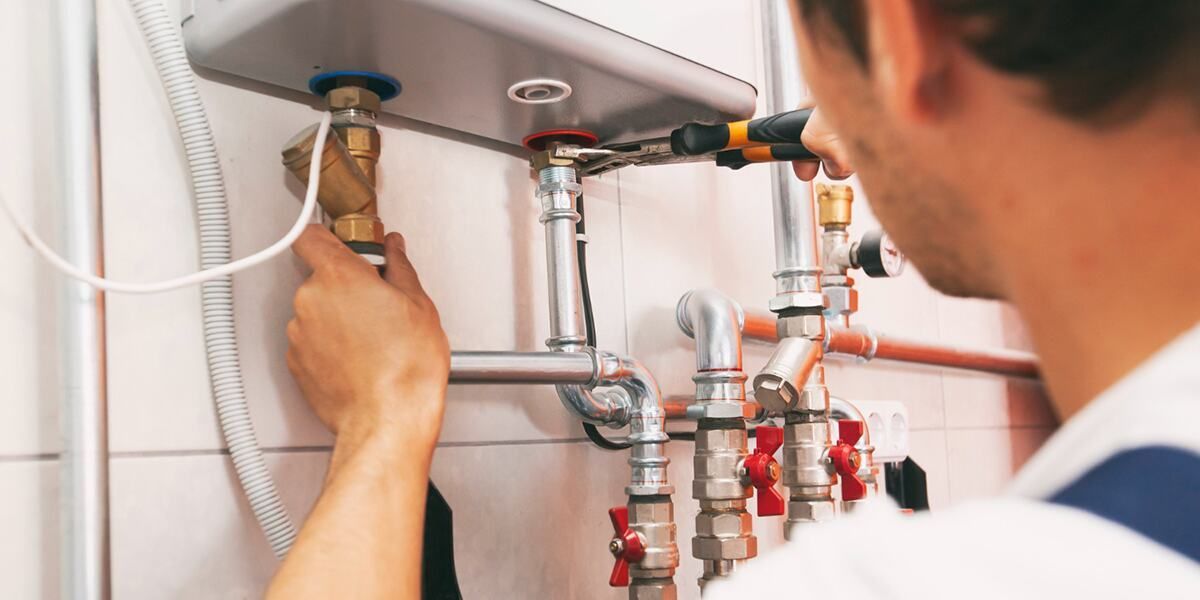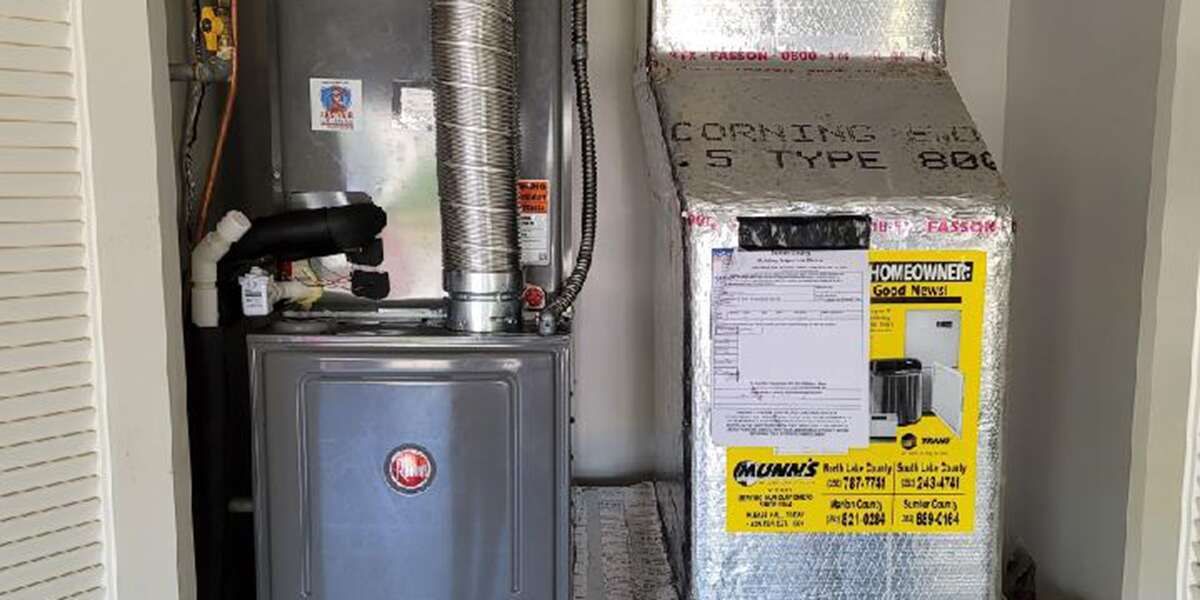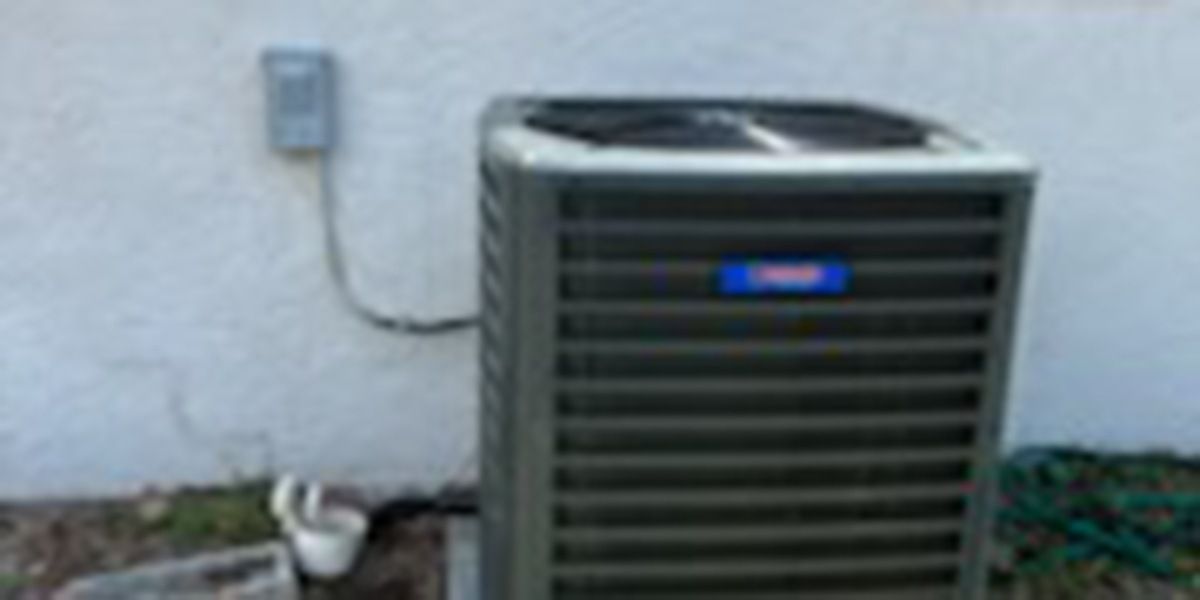EMERGENCY SERVICE AVAILABLE
5 Common HVAC Systems to Consider For Your New Home
Are you having issues with your HVAC system? Call Fast Air Repair for AC repair in Belleview, FL, today!
Choosing a new HVAC system for your home can be confusing. HVAC stands for Heating, Ventilation, and Air Conditioning. The system heats and cools your home year-round, so you might have central heating and air that use the same air ducts, or you might have completely separate heating and cooling systems. There are many common HVAC systems to consider for your home, each with uses depending on your climate and the needs of your home.
Duct-Free or Ducted HVAC System?
For starters, every HVAC system falls into one of two categories: ducted or ductless.
- Ducted HVAC systems require air ducts throughout your home to move cool or warm air from your AC unit or furnace to each room.
- Ductless systems have individual units in each room for specific temperature settings without the hassle of building air ducts into your home.
This is important to know when choosing to replace or install a new HVAC unit in your home because it decides how the air will travel throughout your home.
There are several different HVAC systems to consider for your home, whether you go for a ducted or ductless system. Let's dive in and explain how each system works.
1. Heating and Cooling Split System
This is the most common type of ducted HVAC system for your home. These systems are made up of two separate systems for heating and cooling. A key feature of this system is that you use one main thermostat to control the temperature in your home. The thermostat communicates with both the heating system and the cooling system.
The heating system may rely either on electricity or gas (but not both) to heat your home through heat exchangers. The cooling system uses a coolant liquid, compressor, and coils to produce cool air and pump it into your home.
Indoor units, like the heating system, are usually located in the basement of your home, while the air conditioners connect to your home's air ducts from outside your home.
2. Hybrid Split System
These common HVAC systems are energy efficient, allowing you to switch between gas-powered and electrical heating. Gas heats the unit quickly, but the hybrid feature saves energy when switching over to electric heat. These systems are great for homes in milder climates and are an asset if you want to lower the energy costs of your home.
3. Duct-Free Mini Split System
These units heat and cool specific rooms in your home. Since the system does not use air ducts, you have individual mini-systems in each room, allowing you to heat or cool different rooms in your home to your preferred temperature.
Though it is more costly for installation and may be difficult to find the proper parts when you need maintenance later, this system prevents energy loss if you don't use every room in your home. With a more controlled temperature from room to room, everyone is satisfied.
4. Packaged Heating and Air Conditioning System
This HVAC unit is a two-in-one heating and cooling system: instead of having a furnace and an AC unit, you have one unit that does both. These systems are more common in warmer climates because they use lower energy with electrical heat. This package is an indoor unit, usually located in your home's attic, top story, or roof. Optionally, you can add a heat pump containing evaporator coils to help warm your home, but overall, the combination HVAC unit is easy to maintain over time.
5. Zoned System
This system has air ducts zoned into the separate rooms of your home, giving you more control over the temperature of each room. These units are most common in larger homes that require more than one HVAC unit to heat or cool your home. With more than one HVAC unit controlling the temperature in different areas of your home, you can set the desired temperature for each floor. Another type of zoned system uses one HVAC unit, not two, but lets you section off areas of the house with dampers in the air ducts that restrict airflow.
Choosing the Right HVAC System for Your Home
When it comes to selecting the proper HVAC system for your home, the first step is to determine what type of system your home needs. Large systems are not energy and cost-effective, while small units can't efficiently heat and cool your home. If you live in a harsher, cold climate that mainly requires heat, a gas-powered unit will heat your home faster. If you live in a warmer climate, you may opt for electrical heat to save energy if you don't need to heat your home often.
Follow these tips to choose the right HVAC system for your home
- Consider the climate.
- Decide if you want to improve your home's energy efficiency.
- Choose a system that is the correct size for your home to reduce energy costs.
If you are looking to replace your current HVAC system with a new one, it may be best to stick with the same type you had. This will help lower the cost of adding any additional work to the structure of your home. Adding air ducts to your home can be pricey, so if you had a ductless unit, it is best to stick with a unit that does not require extra work and costs for your home.
Call Fast Air Repair for Your HVAC System Needs
Understanding common HVAC systems and terminology can be overwhelming, but our reliable professionals at Fast Air Repair are here for you. Whether you want to replace your current unit or are opting for a brand-new one, our expert technicians will handle all your needs, worry-free! Let us help you decide the perfect HVAC that best fits the needs of your home and family. Learn more about HVAC tax credits and give us a call today at (352) 234-4701 and let Fast Air Repair handle all your HVAC needs!
Contact us for Service
Footer - Website Lead
We will get back to you as soon as possible.
Please try again later.
For emergency service, to get a free quote, or if you have questions or special requests, just drop us a line. We Look forward to serving you!
Hours Of Operation
- Mon - Sun
- Open 24 Hours
Emergency Service Available
All Rights Reserved | Fast Air Repair

